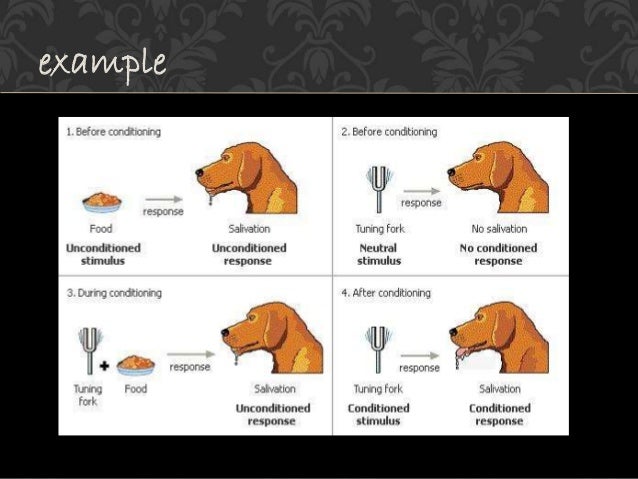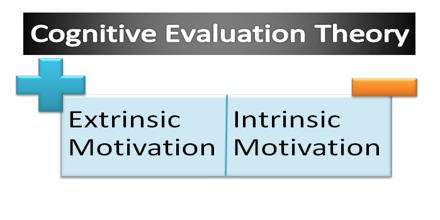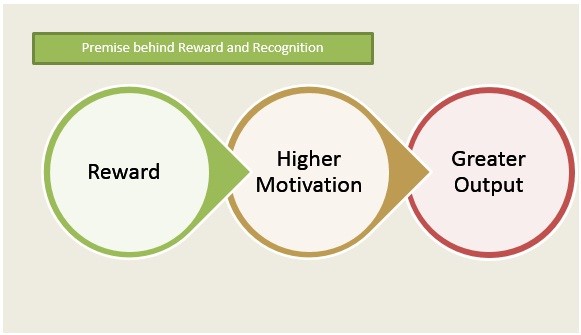Example Of Negative Motivation
SELF-EFFICACY Importance of Self-Efficacy

Self-efficacy is according to psychologist Albert Bandura who originally proposed the concept a personal judgment of how well or poorly a person is able to cope with a given situation based on theSelf-efficacy plays a critical role in how we think feel and behave. What is it why is it so important and what impact does it have on our lives Self-efficacy also determines what goals we choose to pursue how we go about accomplishing those goals and how we reflect upon our own performance.Perceived self-efficacy is defined as people s beliefs about their capabilities to produce designated levels of performance that exercise influence over events that affect their lives. Self-efficacy beliefs determine how people feel think motivate themselves and behave.Self-efficacy is not self-image self-worth or any other similar construct. It is often assigned the same meaning as variables such as these along with confidence self-esteem or optimism however it has a slightly different definition than any of these related concepts.Self-efficacy theory emphasizes the importance of the individual and the individual s perceptions of his her personal capabilities as key determinants of successful outcomes. Self-efficacy theory and the broader social cognitive theory in which self-efficacy is encompassed therefore clearly endorses aSelf-efficacy perceptions of control response to stress persistence and coping mechanisms were measured using several questionnaires and structured tasks. The analysis yielded four distinct groups resilient adolescents competent adolescents maladaptive adolescents and a low adversity lowSelf-efficacy is the belief a person has that he or she has the necessary knowledge and skills to perform a task or to reach a goal. In terms of Internet marketing this an important principal to understand for two reasons. Firstly as a marketer you need to have faith that your product or servicesThe term self-efficacy refers to your beliefs about your ability to effectively perform the tasks needed to attain a valued goal. Self-efficacy does influence self-esteem because how you feel about yourself overall is greatly influenced by your confidence in your ability to perform well in areas that areSelf-efficacious learners set more challenging goals and achieve them. One study on self-efficacy demonstrates that goal choice without self-efficacy would not lead to increased performance indicating that self-efficacy is a vital component of personal goal-setting. Self efficacy is commonly defined as the belief in one s capabilities to achieve a goal or an outcome. Students with a strong sense of efficacy are more likely to challenge Self-Efficacy Helping Students Believe in Themselves. This summary was written and compiled by Karin Kirk SERC and contains an
Self-efficacy beliefs vary on three dimensions magnitude strength and generality although the strength dimension is employed most widely in self-efficacy measures. Nonetheless all three dimensions have potentially important implications for performance.Self-Efficacy Beliefs From Educational Theory to Instructional Practice Since the publication of Albert Bandura s 1977 seminal article entitled Self-Efficacy Toward a Unifying Theory In his most recent book on the topic Bandura 1997 summarized the importance of self-efficacy in the following waySelf-efficacy in academics which is a convenient example of self-beliefs is one s self-judgment or evaluation of his or her own capabilities to perform Even though the present literature of studies has paramount importance for understanding the nature of self-efficacy beliefs the opinion thatSelf-efficacy is defined as an individual s beliefs about his or her ability to achieve desired levels of performance Bandura 1994 and is believed to Given the influence of self-efficacy expectancies on performance research has evaluated how self-efficacy impacts a variety of action-relatedSelf-efficacy is one of the slipperiest terms in the book when it comes to education. For both teachers and students it is the linchpin of their performance and growth and the term gets bandied about in professional learning courses curriculum development student support meetings advisorySelf-efficacy has also been identified as the mediator between left ventricular ejection fraction and depression in patients with HF 7 14 31 . Although the importance of self-efficacy and depression are mapped out in previous research there is a lack of clarity about associations betweenSelf-efficacy is the belief in one s competence to attempt difficult or novel tasks and to cope with adversity arising from specific demanding Based on these findings and given the importance of social context for self-efficacy Bandura 1997 we expected to find a relationship between parents Self-Efficacy Theory of Bandura follows the principle that people are likely to engage in activities to the extent that they perceive themselves to be competent at those activities. Self-efficacy is the belief in one s effectiveness in performing specific tasks. Albert Bandura s theory of self-efficacy hasSelf-efficacy has an important role in resilience too. Especially since we are more likely to invest energy when we are confident that the investment will pay off. As we have seen resilience is so critical for navigating challenging times like this pandemic. Higher self-efficacy is associated with strongerThe self-efficacy theory talks about how perceived competence of an individual can be used to understand his behavior and motivation when it comes to achieving something. Self-efficacy is used to predict the persistence levels of an individual and not his ultimate performance.
Self-efficacy relates to an individual s perception of their capabilities. It has a clear self-evaluative dimension leading to high or low perceived self-efficacy. Individual differences in perceived self-efficacy have been shown to be better predictors of performance than previous achievement orSummary Perceived self-efficacy represents an optimistic sense of personal competence that seems to be a pervasive phenomenon accounting for motivation and accomplishments in human beings. The General Self-Ef-ficacy scale developed to measure this construct at the broadest levelSelf-efficacy or confidence as it is commonly known is one of the most enabling psychology models to have been adopted into positive psychology. It is the optimistic self-belief in our competence or chances of successfully accomplishing a task and producing a favourable outcome.Self-efficacy is the belief in one s effectiveness in performing specific tasks. People who regard themselves as highly efficacious act think and feel differently from those who perceive themselves as inefficacious. They produce their own future rather than simply foretell it. Albert Bandura.Employee s self-efficacy expectations for tasks can be increased through guided experience mentoring and role modeling. Assign a team leader who exemplifies self-efficacious behavior and identify them as a role model. Additionally enhance self-efficacy with professional developmentNevertheless the majority of self-efficacy researchers have continued to focus on SSE exclusively while ignoring the generality dimension of self-efficacy. Self-esteem has been defined as the overall affective evaluation of one s own worth value or importance Blascovich .First self-efficacy is an important predictor for actual efficacy and thus is a major component of the individual s ability to act suc cessfully Self-efficacy as a central developmental task of adolescence toward a developmental perspective on personal control.Self-efficacy is just as powerful a predictor of performance in music as skill or ability. Gary McPherson and John McCormick wanted to examine the role of motivation in young musicians capacity to prepare for and satisfactorily complete prepared examinations on their instrumentThis Importance of Self-Efficacy Video is suitable for Kindergarten - Higher Ed. A short animated video introduces viewers to the importance of self-efficacy. The narrator first defines self-efficacy then offers five ways learners can develop this social-emotional learning competency.The self-concept is derived from self-esteem and self-efficacy. If a person has low self-esteem the self-concept may be skewed in the direction of a Self-efficacy is a person s belief in their ability to accomplish some specific goal or task. It generally corresponds to the level of competence an
Reinforcement motivation theory

Attitude - Despair Inc.

Cognitive Evaluation Theory - Assignment Point

Topic 2 Theories tied with Intrinsic Extrinsic

Operant Conditioning Part 2

2.5 Barriers to Physical Activity A Guide to Physical

http ebook.slhs.tp.edu.tw books slhs 8 3
Matt Haddon-Reichardt Tattooing and self harm What
